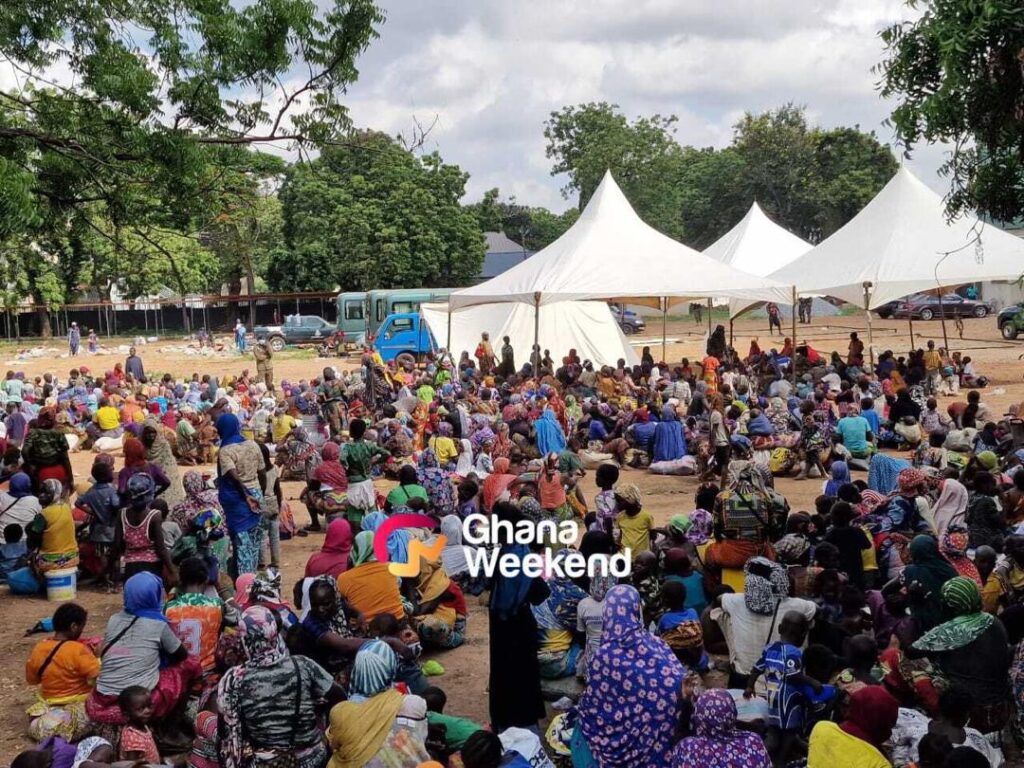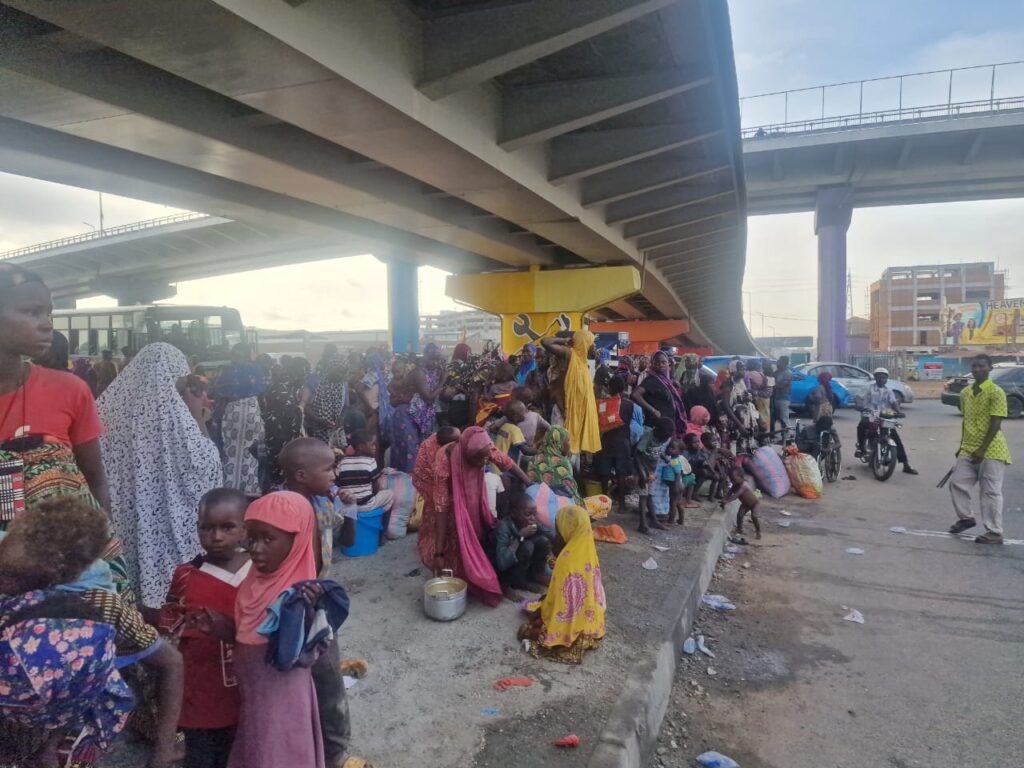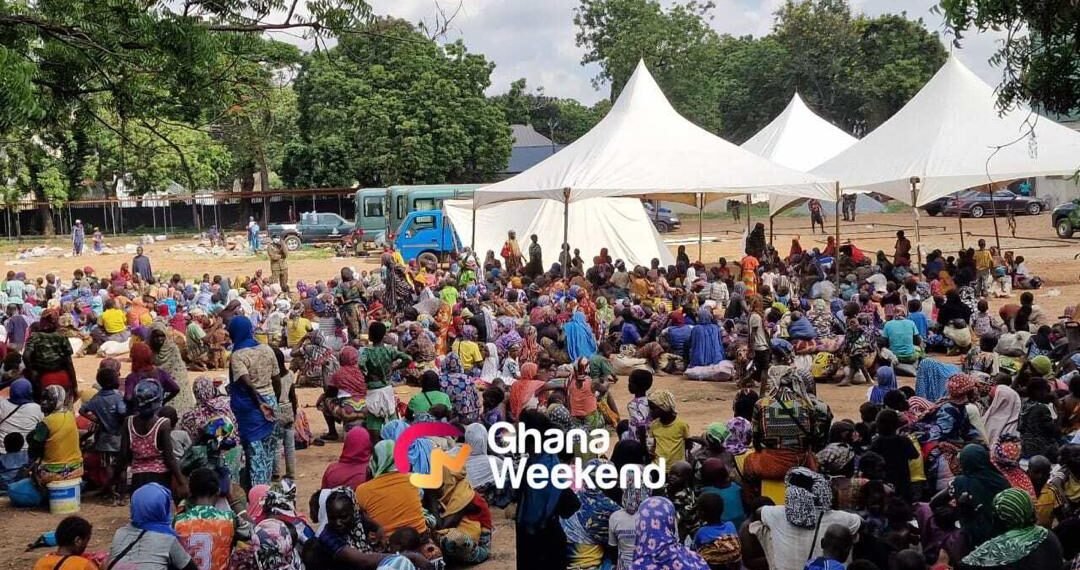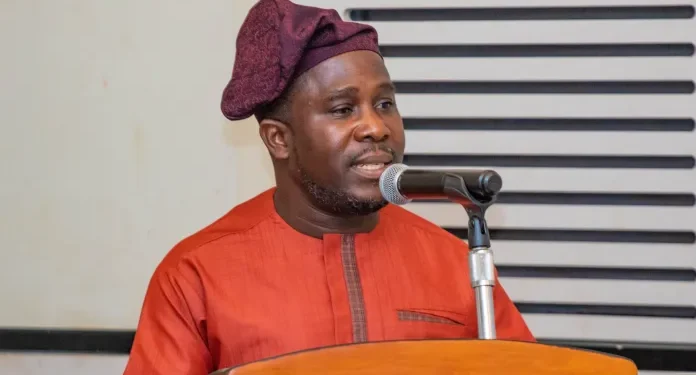In a sweeping operation aimed at restoring order on the streets of Accra and curbing the activities of undocumented migrants involved in street begging, the Ghana Immigration Service (GIS) has arrested over 2,000 foreign nationals in what officials described as an “intelligence-led exercise.”
The move, which took place in the early hours of Friday, May 16, 2025, marks one of the largest immigration enforcement actions in recent years.
The crackdown targeted key locations in the capital known for the visible presence of street beggars, including Sabon Zongo, Nima, Abossey Okai, and the Obetsebi Roundabout.
According to a press release issued by the GIS Public Affairs Department, the operation resulted in the arrest of 2,241 individuals, comprising 909 adults and 1,332 children.
Among the adults, 384 were men while 525 were women. The children, whose plight has been a growing concern to many Ghanaians, included 577 boys and 755 girls.
These individuals, the GIS confirmed, are being processed at the National Headquarters in Accra, where they are undergoing medical and security screening.

The Service emphasized its commitment to treating all detainees with dignity, ensuring their fundamental human rights are respected throughout the process.
“The operation seeks to repatriate undocumented foreign nationals humanely and disrupt criminal networks that facilitate their operations,” the GIS said in the statement signed by Assistant Commissioner of Immigration, Michael Amoako-Atta, who heads the Service’s Public Affairs Department.
He noted that while this is only the beginning of a broader crackdown, the agency is focused on long-term solutions that involve both law enforcement and humanitarian considerations.
The action by the GIS comes against the backdrop of growing public unease over the increasing number of foreign nationals, particularly women and children—seen on Accra’s major roads and intersections begging for alms.
Public sympathy for these individuals has waned in recent times, with many citizens expressing concern about the potential exploitation of minors and the security implications of unregulated migration into Ghana.

An initial holding statement released earlier on Friday morning confirmed the existence of the operation but indicated that a full assessment of the outcome was still underway.
That statement was quickly followed by a detailed press release providing a breakdown of the arrests and reiterating the Service’s intention to update the public as developments unfold.
Public Reaction
The public reaction has been swift and largely supportive. On social media, where issues of public interest often gain traction quickly, the conversation has tilted towards approval of the GIS’s efforts.
One X (formerly Twitter) user with the handle “Mirpur” captured a common sentiment, posting: “Finally! Under the Mahama administration, the Ghana Immigration Service is taking some action to rid our streets of street children who survive on begging. Ahh! The men from Niger control the dollar black market while their women and children beg on the streets. Very disturbing!!!”
Some Ghanaians argue that these migrants are not only a strain on public resources but also operate outside legal and regulatory frameworks, posing both social and economic threats.
However, concerns have also been raised about the welfare of the arrested children. Past exercises of this nature have often attracted scrutiny from civil society groups, especially where the handling of vulnerable individuals, such as children and nursing mothers, is concerned.
The GIS insisted that it is working closely with other state agencies to ensure proper care is extended to all detainees during the screening and repatriation process.

While the Service did not provide details about the nationalities of those arrested, it is expected that most of them are from neighbouring West African countries, who often enter Ghana through porous border routes without proper documentation.
This operation underscores the GIS’s broader mandate of maintaining internal security through effective migration management.
It also places a spotlight on the need for regional cooperation within ECOWAS to address irregular migration, especially as Ghana continues to grapple with balancing the principles of free movement under ECOWAS protocols with national security concerns.
READ ALSO: GNPC Charts New Path to Revive Ghana’s Oil Sector























